Jumping the Influencer Shark
When we wrote about the (d)evolution of influencer marketing this summer, we focused on the fact that influencer marketing through bloggers and social media personalities has becoming increasingly risky for brands—particularly when consumers are valuing trust and credibility more than ever.
Since that post, there has been no decline in the number of articles and stories that cast influencer marketing in a poor light. Fake followers, gimmicky stunts, influencers who aren’t who they say they are, online influencer marketplaces. It goes on and on.
Here at Pulse, we recently experienced our own influencer “fail” that proves just how, well, ridiculous, the world of digital and social influencers has become.
This past weekend, the 2-year old granddaughter of one of Pulse’s founders was invited to become an influencer. An influencer marketing firm saw her photo on Facebook, thought she looked the part, and offered her the opportunity to endorse products relevant to her “lifestyle.”
Clearly, influencer marketing has jumped the shark.
Of course, healthy food brands aren’t typically relying on toddlers for their influencer marketing efforts. They are predominantly focused on tapping into reputational influencers that have some credible experience or credentials in the health & wellness world. In fact, many of the influencers healthy food brands turn to are, in fact, health professionals.
But credentials aside, there’s a world of difference between the influence delivered through digital and social media by a health professional you don’t know and the influence delivered face-to-face by your own healthcare provider:
Your own healthcare provider knows you, your needs and preferences, and your health & wellness goals
Your own healthcare provider can provide context and follow-up to information you discuss
Your own healthcare provider isn’t being paid to deliver a brand message to you
Your own healthcare provider makes brand recommendations you can trust
Whether that healthcare provider is a doctor, nurse, dietitian, wellness coach or fitness professional, your personal relationship with them is what differentiates them from similarly credentialed professionals you might encounter online or through the media.
As a marketer of healthy brands, the focus needs to be on delivering education and information through trusted channels of communication—not simply identifying and exploiting online affinity relationships that are coarsely commercial, typically ephemeral, and often untrustworthy.
